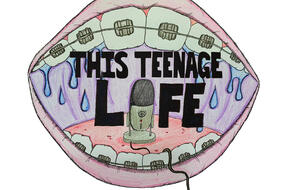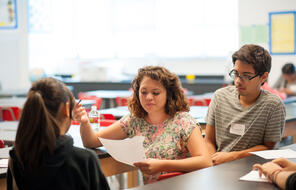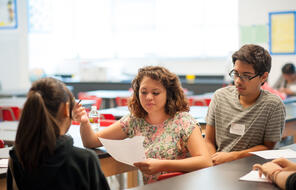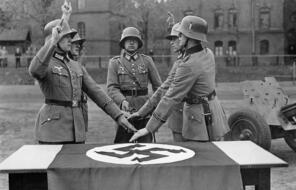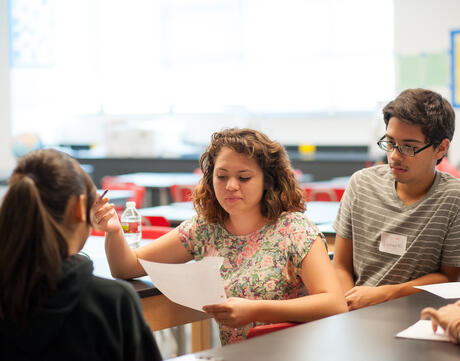
Adding to Evidence Logs, 2 of 4
At a Glance
Language
English — USSubject
- History
Grade
10Duration
One 50-min class period- Genocide
- The Holocaust
- Human & Civil Rights
Overview
About this Assessment
After completing Lesson 14: Laws and the National Community, students are ready to think about how what they have studied about the rise of the Nazi Party in Germany in Lessons 10 through 14 impacts their thinking about the essay prompt. In addition to addressing the writing prompt in a journal reflection, students will practice making inferences about primary and secondary sources in order to support their analysis, reflection, and research.
Procedure
Activities
Unlimited Access to Learning. More Added Every Month.
Facing History & Ourselves is designed for educators who want to help students explore identity, think critically, grow emotionally, act ethically, and participate in civic life. It’s hard work, so we’ve developed some go-to professional learning opportunities to help you along the way.
Exploring ELA Text Selection with Julia Torres
On-Demand
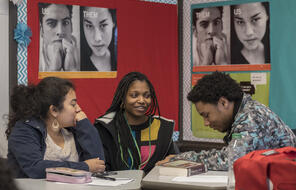
Working for Justice, Equity and Civic Agency in Our Schools: A Conversation with Clint Smith
On-Demand
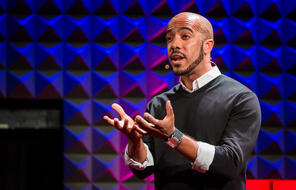
Centering Student Voices to Build Community and Agency
On-Demand
